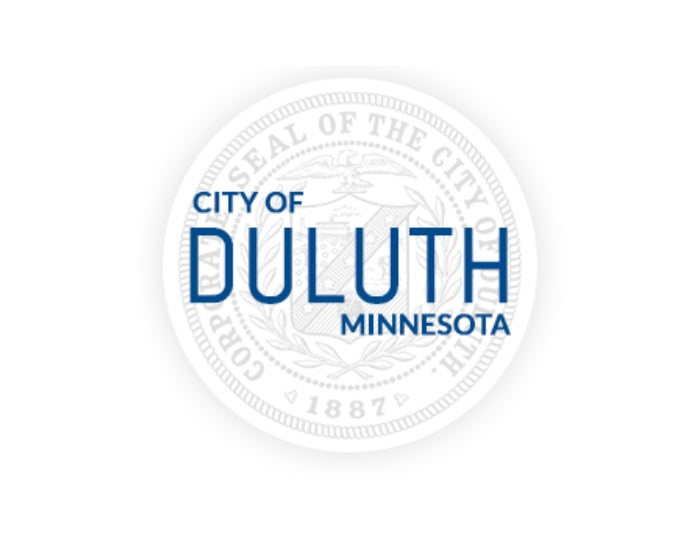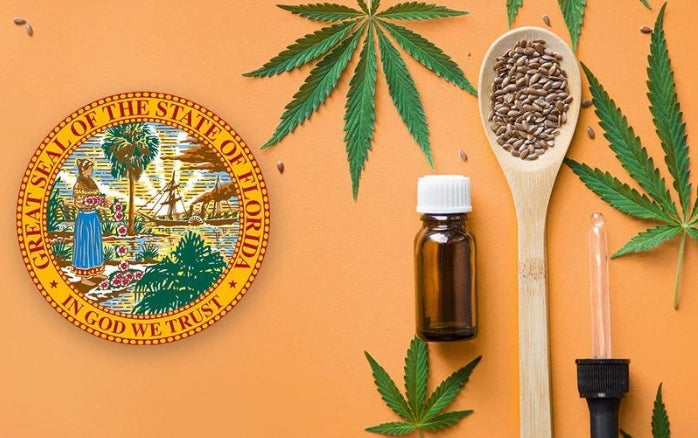The Eastern Band of Cherokee Indians (ECBI) will vote on a special referendum next month on whether to legalize recreational marijuana on tribal lands.

Americans want legal cannabis. With Minnesota recently joining the ranks of states where adult-use marijuana is legal to cultivate, possess, and purchase, the troublesome and complicated issue of federal prohibition continues to persist like a dark cloud over the expansion and economic impact of the recreational cannabis market in America.
One particularly thorny area of contention concerning the legalization reform movement is the unique quandary presented by sovereign Native American tribes in the United States. Operating as semi-autonomous "nations," many native tribes determine and enforce the laws governing the lives of tribal members on tribal lands.
One of those new laws confronting leaders in Native American communities is the polarizing and potentially lucrative question of whether or not to legalize adult-use cannabis cultivation, possession, and sale on reservation lands.
For example, this month, following the enactment of a new law legalizing recreational marijuana in Minnesota, both the Red Lake and White Earth Nations approved measures allowing for adult-use sales at tribal dispensaries. In doing so, they became the first legal retail dispensaries to open in the state, with other state-licensed outlets not set to become operational until sometime in the middle of 2025.
Now, the Eastern Band of Cherokee Indians (EBCI) is contemplating a similar move to begin selling adult-use cannabis on tribal-owned lands. According to multiple media outlets, on Sept. 7, tribal members will vote on a special referendum to determine if they want to legalize marijuana possession and sales on tribal lands to anyone over 21.
Last July, the Tribal Council agreed to include the question on the tribe's Sept. 7 general election ballot. Previously, in 2021, cannabis possession in small amounts was decriminalized by the tribe within the Eastern Band's 57,000-acre (23,000-hectare) Qualla Boundary. Likewise, the nation established a medical marijuana system, including its own cannabis cultivation business and a sizeable tribal-owned dispensary.
Before the announcement of the special referendum, the original plan was to issue cards to eligible adults to purchase products at the dispensary. If tribal members vote to approve the expansion to include recreational sales, those cards will most likely become irrelevant.
Council member Teresa McCoy, who offered the resolution last month, told council colleagues, "If our voters say no, they don't want adult use, then let's fly in there and get that medicinal. If they say they do want adult use, then move forward. It's that simple. I'm not for or against it."
"If our voters say no, they don't want adult use, then let's fly in there and get that medicinal. If they say they do want adult use, then move forward. It's that simple. I'm not for or against it."
- EBCI Tribal Council member Teresa McCoy
However, it may not be as simple as a "yes" or "no" vote if one North Carolina Congressman has any say. As first reported by Marijuana Moment, freshman House member Rep. Chuck Edwards (R-NC) is urging tribal members to vote against the referendum, warning the tribe may lose federal funding under a bill he plans to file if legalization is approved.
In an op-ed published last week in The Cherokee One Feather, Edwards did acknowledge that Congress cannot stop the referendum and that the EBCI has the right to approve the legalization measure. However, he also indicated that if the tribe does vote to allow for the possession and sale of cannabis to individuals over 21, he is more than prepared to act.
"I proudly consider the tribe my friends, and I respect their tribal sovereignty. But there are times when friends disagree, and I must do so regarding this question of legalizing recreational marijuana. The tribe's rights should not infringe on the overall laws of our nation," Edwards wrote.
"I proudly consider the tribe my friends, and I respect their tribal sovereignty. But there are times when friends disagree, and I must do so regarding this question of legalizing recreational marijuana. The tribe's rights should not infringe on the overall laws of our nation."
- Rep. Chuck Edwards (R-NC)
To that end, he is threatening to halt federal funding for the tribe if it continues down the road toward legalization. According to Edwards, he will "soon be introducing" legislation in Congress called the Stop Pot Act, which would "defund governments that ignore federal law."
He continued, writing, "It is important that the tribe understands they will be voting on a measure that, if enacted, could soon be very costly."
It is unclear how much power and follow-through the first-time congressman can actually wield with his lofty and somewhat out-of-touch funding threats to one of his largest constituent bases. He has indicated, however, that even if the referendum fails, he fully intends to pursue the anti-cannabis legislation, even though, in theory, it would not only cut funding to the EBCI but to all other jurisdictions where marijuana is legal, including almost half of the United States.
Outside of the congressman's bluster and fury, there are real issues facing the tribe if they do approve the measure. The most glaring is the question of transporting the cannabis. A vital aspect of the overall production plan includes moving the marijuana from cultivation sites to the dispensary via a short span of state-owned roadway, which presents a significant problem, according to North Carolina officials.
In an interview with local news station WLOS-TV, state Attorney General Josh Stein (D) said, "This is an issue that the tribe and local law enforcement will need to work out."
"This is an issue that the tribe and local law enforcement will need to work out."
- NC Attorney General Josh Stein (D)
Echoing those sentiments, Swain County Sheriff Curtis Cochran said that he has "had several conversations with the chief, tribal attorney, and others about the transportation of cannabis. I stated that until North Carolina changes the law, it is still illegal to possess or transport marijuana on the highway."
However, as with most high-profile political and economic issues, laws tend to bend to the people's will. And there may be shouts of disapproval from many corners of the traditionally conservative state if the EBCI passes the referendum. But those voices will eventually die down, and the inevitable march of progress to end the federal prohibition of cannabis will happen. The stakes are too high, and the money is too great to be slowed by the outdated arguments of faux morality and the catastrophe known as the "War on Drugs."






































